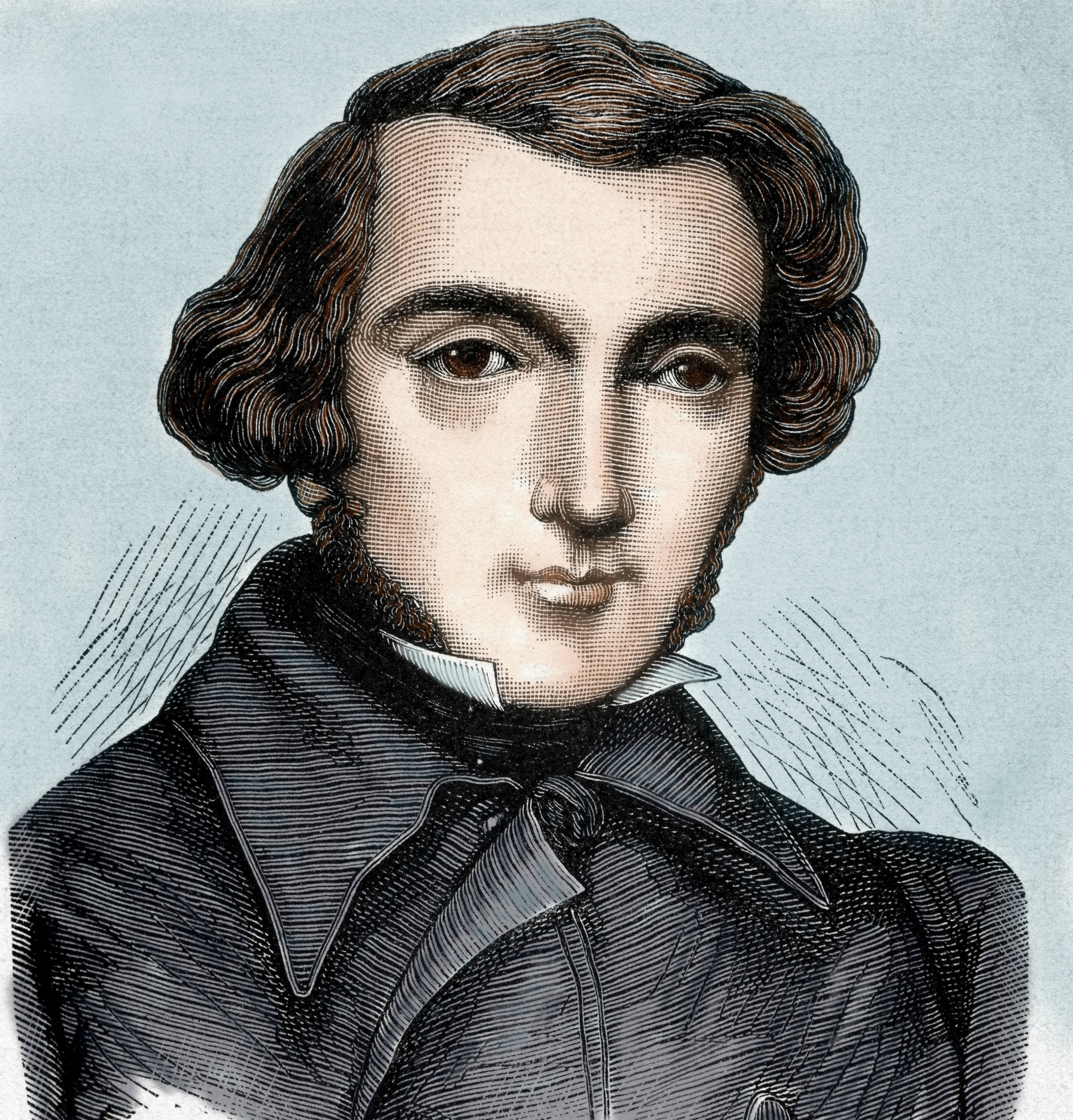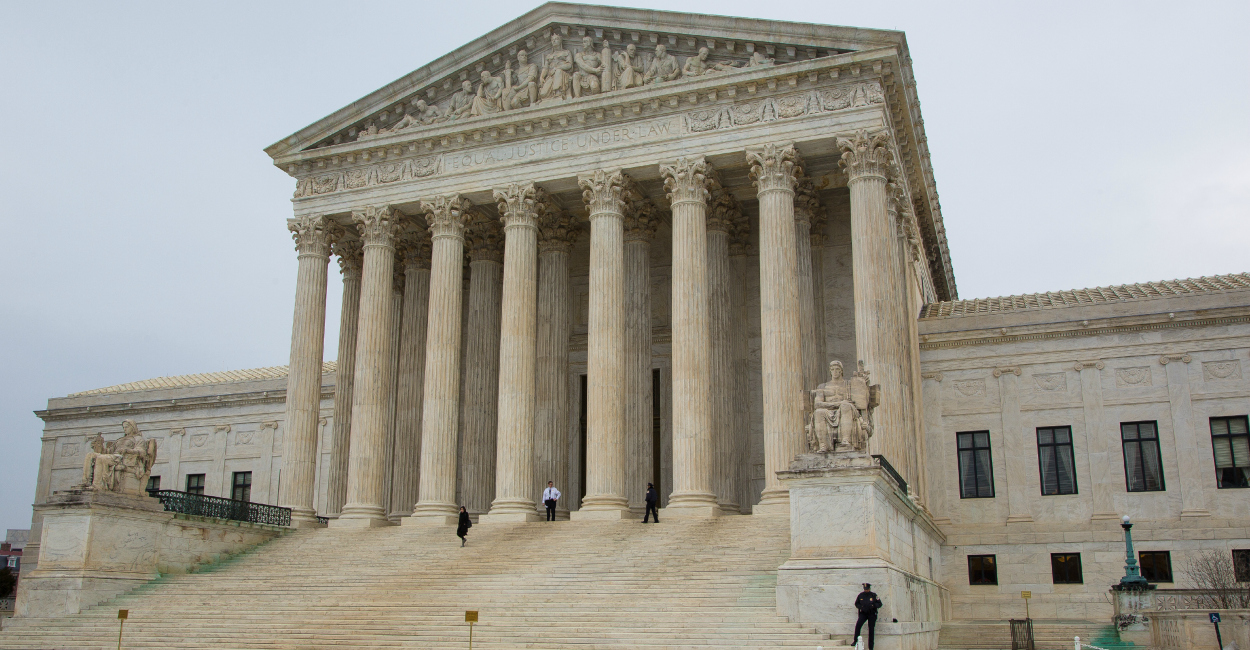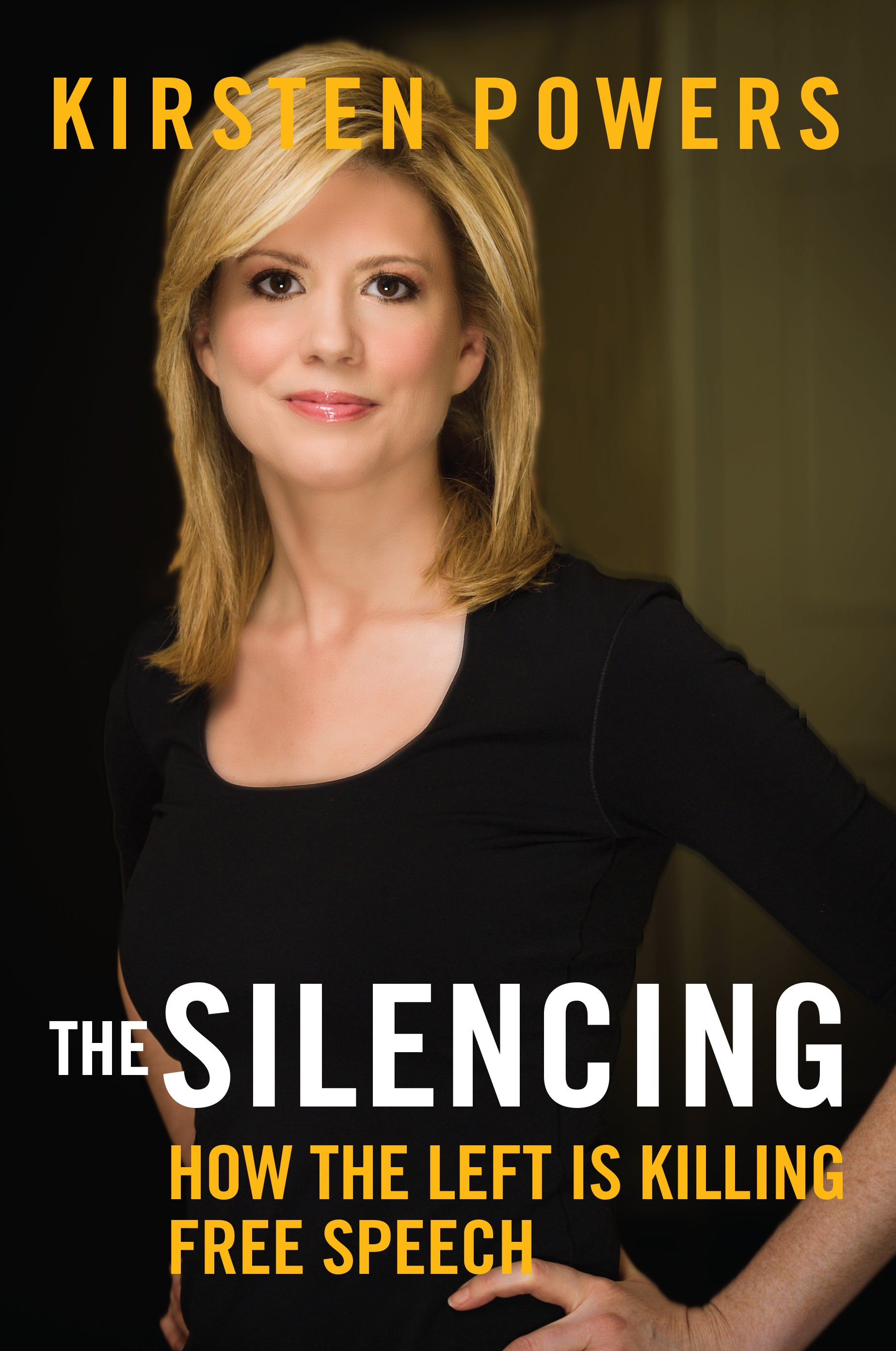How the Illiberal Left Uses Silencing Tactics
In March 2014, pioneering Internet company Mozilla announced the appointment of co-founder Brendan Eich as CEO. That same day, a Twitter mob exploded with criticism of Eich. Gay rights supporters were angry about a 6-year-old donation of $1,000 to the “Yes on 8” campaign, which sought to ban same-sex marriage in California in 2008.
It’s OK to be angry about Eich’s donation. Screaming for Eich’s head on a pike for his failure to conform to Mozilla’s majority view on same-sex marriage is not.
Liberals are supposed to believe in protecting minority views, even when they disapprove of those views.
Instead an online mob of presumably “liberal” people tweeted about Eich’s donation, many calling him a bigot and homophobe for supporting Prop 8. Remember, this proposition passed the same year Senator Barack Obama sat in Rick Warren’s church to explain his religious based opposition to same-sex marriage. Eich took the time to address the criticisms.
Attention Coffee Drinkers, meet the Morning Bell, your new best friend.
A snap to consume the day's most important political news, conservative commentary, and original reporting that respects your time...and your intelligence. Sorry, donuts.
On his blog he wrote, “I am committed to ensuring that Mozilla is, and will remain, a place that includes and supports everyone, regardless of sexual orientation, gender identity, age, race, ethnicity, economic status, or religion.”
Such assurances proved inadequate, however. Almost 70,000 people signed a petition organized at Credo Action, a progressive social change organization, telling Eich to renounce his beliefs or resign as Mozilla’s CEO. They accused him of “advocat[ing] for inequality and hate” and ordered Mozilla to fire him if he refused to resign.
Finally, just over a week after his appointment, Mozilla announced that Eich would be stepping down as CEO. “While painful,” wrote Executive Chairwoman Mitchell Baker, “the events of the last week show exactly why we need the Web. So all of us can engage freely in the tough conversations we need to make the world better.”
It’s not necessary to support Eich’s donation to recognize something deeply disturbing occurred here. Pushing someone out of his job for dissenting on an issue that has nothing to do with the mission of the company and then portraying the purge as a “free” conversation that boosted humanity is creepily Orwellian.
The writer Andrew Sullivan—who is gay and was one of the earliest public advocates of same-sex marriage—wrote at the time of Eich’s ouster, “When people’s lives and careers are subject to litmus tests, and fired if they do not publicly renounce what may well be their sincere conviction, we have crossed a line. This is McCarthyism applied by civil actors. This is the definition of intolerance.”
Sullivan correctly acknowledged that Mozilla had not violated any laws in punishing Eich for his opposition to same-sex marriage and that they had the right to take the actions they did. But that didn’t make what they did consistent with the liberal values Mozilla claimed to embrace.
Liberals are supposed to believe in protecting minority views, even when they disapprove of those views.
In discussion of the controversy on ABC’s “This Week,” Democratic strategist Donna Brazile concurred with Sullivan, saying, “We have to be very careful that we are not practicing a new McCarthyism.”
Yet, this is exactly what the illiberal left is regularly doing right under everyone’s noses. They don’t have the force of the government behind them (though some would like it in the form of “hate speech” laws), but they don’t need it.
Because of the outsized influence this crowd enjoys in today’s culture—along with the ubiquity and reach of social media—reputations and livelihoods can be destroyed with the push of a button.
Because many of the silencing tactics employed by the illiberal left do not involve the government though some do, particularly at public universities—the illiberal left will often claim they are not infringing on anybody’s right to free speech. This willfully misses the point.
Freedom requires more than the “structures” of freedom such as a liberal Constitution and a just legal system. It requires the “spirit” of freedom, which is passed from generation to generation.
This insight, which comes from the 18th century philosopher Montesquieu, was famously applied to the United States by Alexis de Tocqueville in his book “Democracy in America,” in which he observed that America owes its freedom not so much to the law as to the “habits of the heart” of freedom-loving American citizens.
The illiberal left is eradicating these “habits of the heart” so Americans won’t even remember what it was like to be able to speak freely without fear of retaliation from a silencing mob or a few disgruntled lefties.
“Mankind ought to have a rational assurance that all objections have been satisfactorily answered; and how are they to be answered if that which requires to be answered is not spoken?” asked British philosopher John Stuart Mill in “On Liberty.” “Or how can the answer be known to be satisfactory, if the objectors have no opportunity of showing that it is unsatisfactory?”
The more success the illiberal left has in terrorizing people who express dissenting views, the fewer objections there will be. Most people understandably just want to do their jobs and support their families. Given the choice between being shunned by their peers or losing their job for a personal view, they will almost always choose silence over confrontation.
Because of this, society should always err on the side of respecting people’s right to determine their own beliefs and express them without fear of official or unofficial retribution. Debate and persuasion should be the reflexive response to disagreement and even harmful propositions, not an authoritarian impulse to silence. It should be so not only because it is just, but because no society can flourish without the clash of ideas.
Harvard psychology professor and bestselling author Steven Pinker invoked the critical role free speech plays in a democratic system in a 2014 speech. We acquire knowledge through a “process that Karl Popper called conjecture and refutation,” said Pinker. “We come up with ideas about the nature of reality, and test them against that reality, allowing the world to falsify the mistaken ones. The ‘conjecture’ part of this formula, of course, presupposes the exercise of free speech. We offer conjectures without any prior assurance they are correct. It is only by bruiting ideas and seeing which ones withstand attempts to refute them that we acquire knowledge.”
The illiberal left seeks to short-circuit this process. They don’t want to defend their views, nor do they want to allow forums for other people to present views that are at odds with the conclusions they have drawn on an array of issues. Sometimes, the mere suggestion of holding a debate is cast as an offense.
Environmentalist Robert F. Kennedy Jr. said in a September 2014 interview of those who deny climate change, “I wish that there were a law you could punish them under.”
Pinker singled out university campuses for their hostility to free speech, likening them to the worst authoritarian regimes in history. “It may seem outlandish to link American campus freedom—which by historical and global standards is still admirably high—to the world’s brutal regimes,” Pinker said.
“But I’m here to tell you that the connection is not that far-fetched. This morning I woke up in Oslo, after having addressed the Oslo Freedom Forum, a kind of TED for political dissidents. I met people who escaped from North Korea by walking across the Gobi Desert in winter; people who were jailed for a single tweet; people whose families were thrown in prison because of their own political activity. These stories put the relatively minor restrictions on campus speech in perspective.
But the American commitment to unfettered speech, unrivaled even by our democratic allies in Europe, stands as a beacon of inspiration to the world’s dissidents, one of the few features of the American brand that still commands global admiration. At least one speaker at the Forum singled out speech codes and other restrictions on expression in the United States as a worrisome development.”
The behavior of the illiberal left flies in the face of decades of jurisprudence forged by liberal Supreme Court justices who argued for an expansive view of the First Amendment and treated free speech as a precious commodity to be guarded jealously. “Those who won our independence believed … that freedom to think as you will and to speak as you think are means indispensable to the discovery and spread of political truth,” wrote Supreme Court Justice Louis D. Brandeis in 1927. “The path of safety lies in the opportunity to discuss freely supposed grievances and proposed remedies; and that the fitting remedy for evil counsels is good ones.” This does not become less true outside of Uncle Sam’s shadow.
Supreme Court Justice William Brennan Jr.—a liberal lion known for his outspoken progressive views—was perhaps the strongest First Amendment advocate of the modern era. Appointed in 1956, Brennan participated in 252 free speech cases during his 34-year tenure on the Court. In 88 percent of these cases, Brennan sided with the free speech claim. In New York Times v. Sullivan, likely Brennan’s most well-known free speech opinion, he wrote: “We consider this case against the background of a profound national commitment to the principle that debate on public issues should be uninhibited, robust, and wide-open … ”
The illiberal left does not share this commitment. Their burgeoning philosophy in favor of government power to curtail freedom of thought, speech, and conscience is troubling. Environmentalist Robert F. Kennedy Jr.—a graduate of one of the nation’s most elite law schools, the University of Virginia—said in a September 2014 interview of those who deny climate change, “I wish that there were a law you could punish them under.”
Accusing the libertarian Koch brothers of “treason” for disagreeing with his view of climate change, he said they should be “at the Hague with all the other war criminals.” He asked rhetorically, “Do I think the Koch brothers should be tried for reckless endangerment? Absolutely, that is a criminal offense and they ought to be serving time for it.” Kennedy’s penchant for arguing for state action against those who do not share his view of climate change is not new. In 2007, he said in a speech at Live Earth that politicians who are “corporate toadies for companies like Exxon and Southern Company” had committed treason and needed to be treated as traitors. In 2009, he deemed certain coal companies “criminal enterprises” and declared that one company’s CEO “should be in jail … for all of eternity.”
In a 2014 speech, Floyd Abrams, one of the nation’s top First Amendment scholars, himself a lifelong liberal, noted, “It stuns me how many people—educated people, including scholars—seem to believe that the First Amendment should be interpreted as nothing but an extension and embodiment of their generally liberal political views.”
He told me in an interview, “It is accurate to say that … conservative jurists have moved strongly in the direction of more First Amendment protection and liberal jurists have moved markedly in the other direction.” Abrams founded the Floyd Abrams Institute for Freedom of Expression at Yale Law School and noted that of the liberal legal scholars who come to his center, most view the First Amendment as an impediment to progressive policy goals. He says, “Their definition of liberalism is so imbued with their devotion to egalitarianism that they are willing to pay some First Amendment prices to get there.”
Cornell Law School professor Steven H. Shiffrin is a leading scholar of the First Amendment and co-author of a widely used First Amendment casebook. He is also an evangelist for the new progressive view of the First Amendment. Shiffrin gave a 2014 lecture called “The Dark Side of the First Amendment” in which he proclaimed, “The First Amendment is at odds with human dignity” and complained that racist speech was protected despite “its undermining of racial equality.”
University of Chicago Law School professor Eric Posner expressed a similar contempt for free speech when he wrote in Slate, “For the left, the [First] amendment today is like a dear old uncle who enacted heroic deeds in his youth but on occasion says embarrassing things about taboo subjects in his decline.” The time had come to put the nutty uncle back in the attic. Posner was writing in the wake of the riots in the Middle East attributed to a YouTube video. He expressed dismay that the U.S. government was prevented by U.S. law “from restricting the distribution of a video that causes violence abroad and damages America’s reputation.” As he wrote, “The rest of the world—and not just Muslims—see no sense in the First Amendment.”
Posner and Shiffrin are influential legal scholars and they are not alone in their views. Their intolerance of free speech that leads to what they deem the wrong policy conclusions or offends the wrong people is frankly typical of the illiberal left. Today’s progressive legal policy is less likely to treat the First Amendment as a bulwark against government infringement on the free expression of Americans than a roadblock to a progressive ideological agenda.
“What’s coming up through the pipeline should have everyone who cares about freedom of speech very concerned,” FIRE’s President Greg Lukianoff, a graduate of Stanford Law School, told me in an interview. “I’m afraid that a lot of these more tenuous theories that law schools have come up with—that have grown up on campuses—that allow them to punish speech they dislike, while protecting speech they like are going to have increasing presence on the bench at every level and, I’m afraid, eventually on the Supreme Court.”
The more suppressive view of free speech seems to be gaining currency more broadly, especially among younger Americans. According to the 2013 First Amendment Center annual survey, “This year there was a significant increase in those who claimed that the First Amendment goes too far in protecting individual rights.”
The older you are, the less likely it is that you believe the First Amendment’s protections are too robust. Only 23 percent of people over 60 and 24 percent of those between 46 and 60 hold that sentiment. But an astonishing 47 percent of 18- to 30-year-olds say the First Amendment goes too far, and 44 percent of 31- to 45-year-olds agree.
If younger Americans are that accepting of government interference in speech, then how much more tolerant will they be of unofficial silencing?
This is an excerpt from “The Silencing: How the Left Is Killing Free Speech,” by Kirsten Powers.
Sent from my iPhone



No comments:
Post a Comment